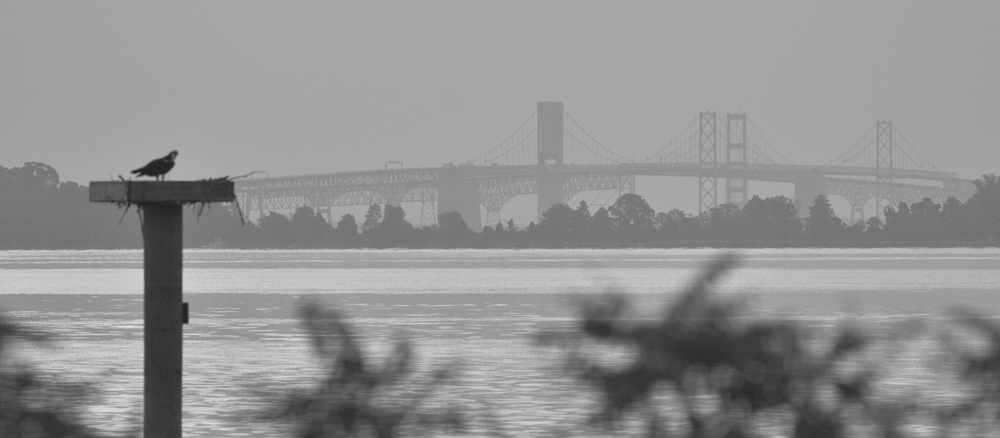The weatherman had called for rain this morning, but it looked decent enough to me, so I made a quick trip to Truxtun. I ended up spending about three hours, and I added a trip this afternoon, as the rain never materialized.
It turned out to be a good decision, as there as a large influx of birds in the last two days. Catbirds were everywhere, Vireos were singing, and a few others have made the trip back home.

Cornell;”The Ovenbird’s rapid-fire teacher-teacher-teacher song rings out in summer hardwood forests from the Mid-Atlantic states to northeastern British Columbia. It’s so loud that it may come as a surprise to find this inconspicuous warbler strutting like a tiny chicken across the dim forest floor. Its olive-brown back and spotted breast are excellent disguise as it gleans invertebrates from the leaf litter. Its nest, a leaf-covered dome resembling an old-fashioned outdoor oven, gives the Ovenbird its name.”



















